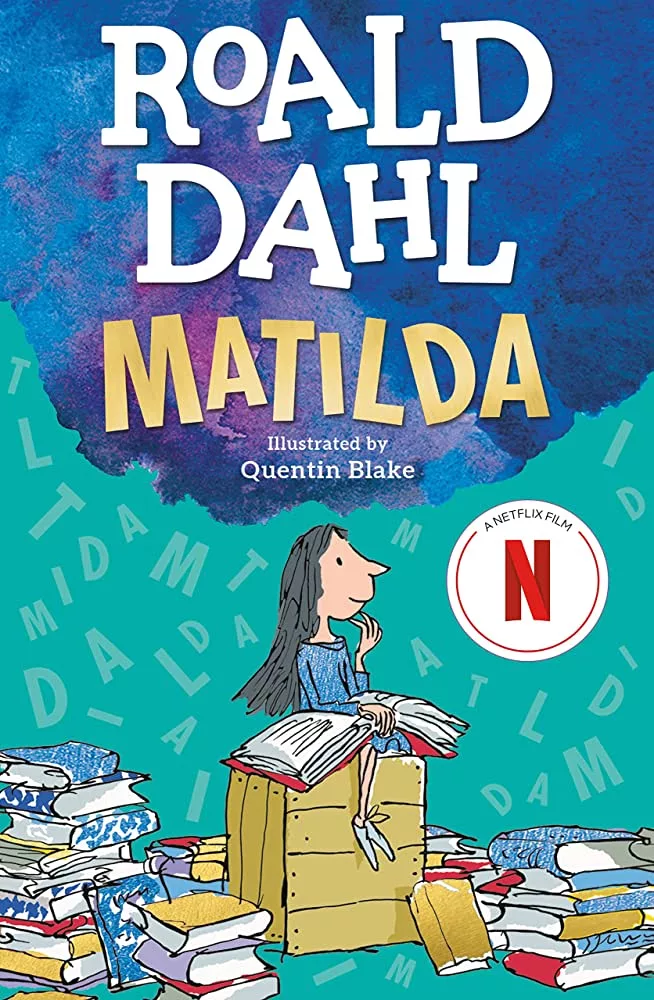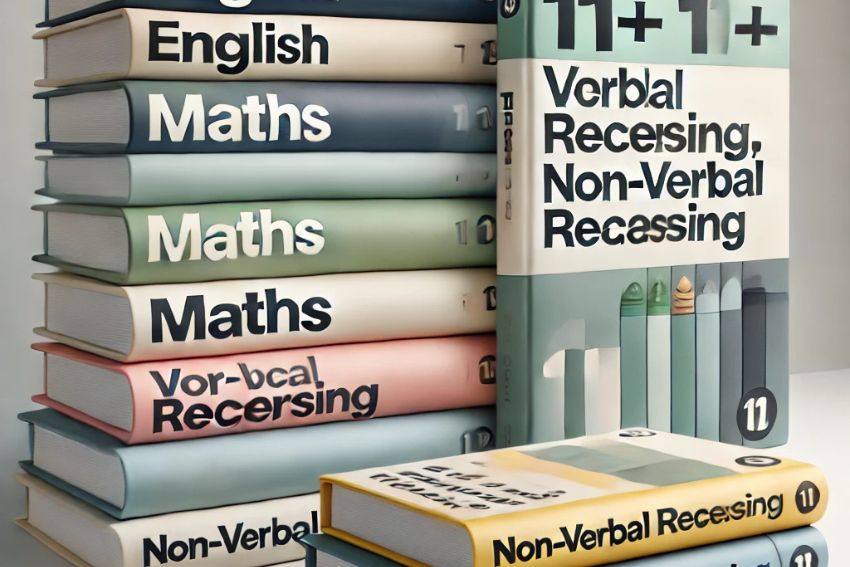Stepping into the realm of 11 Plus exams can feel like entering a labyrinth for both you and your child. Among the myriad subjects and skills to master, the reading comprehension component often emerges as a critical juncture. It’s a bit like learning to navigate uncharted territory armed with a compass but uncertain of the exact route. Yet, as daunting as it may seem, understanding the contours of 11 Plus reading comprehension doesn’t have to be as challenging as conquering Mount Everest.
So, buckle up and join us as we turn the seemingly formidable into the easily achievable.
What is 11 Plus Reading Comprehension?
Reading comprehension is a key component of the 11 Plus exam, designed to assess your child’s ability to understand, interpret, and respond to a variety of texts. This crucial skill forms the basis for future success across many subjects, including English and humanities.
In this portion of the 11 Plus exam, your child will be presented with a passage, which could be an extract from a novel, a non-fiction article, or even a poem. Following the passage, they will encounter a series of questions that probe their understanding of the text.
These questions assess various skills. They may ask your child to infer information, retrieve specific details, interpret vocabulary in context, or identify the author’s language choices and their effects. The goal here is not merely to determine if your child can read, but rather to gauge their ability to delve into the text and extract meaning.
Though it may seem challenging, the 11 Plus reading comprehension is a hurdle that can be crossed with strategic preparation. The first step is understanding what the test involves, equipping your child with the confidence and knowledge they need to succeed.
Is 11 Plus Reading Comprehension Hard?

The question of whether the 11 Plus reading comprehension is hard is one that depends largely on your child’s individual strengths, weaknesses, and prior preparation. It’s important to remember that ‘difficulty’ is subjective, and what might be challenging for one child might be easier for another.
The 11 Plus reading comprehension section is designed to test higher-level reading skills such as inference, vocabulary understanding, and the ability to summarise key points. For some children, these skills come naturally, while for others, they may require a bit more practice.
It’s also worth noting that the 11 Plus exam is meant to be challenging, it’s used to identify pupils who would excel in grammar or independent schools, after all. Therefore, it is expected to push your child’s abilities and understanding to a higher level.
However, with the right preparation, guidance, and resources, any child can build their skills and confidence to tackle the 11 Plus reading comprehension section effectively. It’s about understanding the exam’s structure, developing essential reading skills, and practising using past papers. So, while the 11 Plus reading comprehension might be hard in the sense that it’s a high-level test, it is certainly not insurmountable.
How Parents Can Help their Children with 11 Plus Reading Comprehension
Your role as a parent is crucial in helping your child excel in the 11 Plus Reading Comprehension test. From building a healthy reading habit to familiarising them with the test format, there are several ways you can support your child’s journey towards success.
Foster a Love for Reading
Encourage your child to develop a daily reading habit. This shouldn’t be a chore but rather a pleasurable activity. From graphic novels to scientific journals, let them read whatever sparks their interest. This will not only improve their vocabulary but also their understanding of different text structures and ideas.
Develop Their Vocabulary
A good vocabulary forms the backbone of successful comprehension. Introduce your child to new words regularly, discuss their meanings, and encourage them to use them in sentences. A fun way to do this is to have a ‘word of the day’ and challenge them to use it throughout the day.
Engage in Discussions
Ask them about the books they’re reading. This can help them think more deeply about the text and improve their ability to infer and summarise – key skills in the 11 Plus Reading Comprehension test.
Practise Writing
Encourage your child to write stories, letters or diary entries. This will not only help them understand narrative structures and improve their grammar but also develop their creativity, which can be a boon for inference-type questions.
Utilise Practice Papers
Make use of 11 Plus practice papers. This will familiarize your child with the exam format, types of questions, and time pressure, building their confidence for the actual exam.
Consider Hiring a Tutor
If your schedule doesn’t allow for regular practice or if you’re unsure about the strategies to teach, hiring an 11 Plus tutor might be beneficial. They can provide targeted guidance and techniques to improve your child’s comprehension skills.
11 Plus Reading Comprehension Questions: Examples
The 11 Plus Reading Comprehension test can include various types of questions. Let’s take a look at a few examples of what these might look like:
Close Reading
This type of question tests your child’s ability to understand the text at a literal level. For example, “In the third paragraph, where did Sarah find the lost kitten?”
Inference
These questions require your child to read between the lines and infer information not explicitly stated. For example, “How does Sarah feel when she finds the lost kitten? Explain your answer using evidence from the text.”
Vocabulary
Vocabulary questions might ask your child to define words or explain their context within the passage. For example, “What does the word ‘perplexed’ mean in the second paragraph?”
Summary
Summary questions ask your child to condense parts of the text into their own words. For example, “In your own words, summarise the events that led Sarah to the lost kitten.”
Prediction
Prediction questions encourage your child to think about what might happen next. For example, “What do you think Sarah will do next after finding the kitten?”
Author’s Choice
These questions ask your child to consider why the author made certain choices. For example, “Why do you think the author chose to use the word ‘scampered’ instead of ‘ran’ when describing the kitten’s movements?”
Remember, these are just examples. The actual questions in the 11 Plus Reading Comprehension test may vary, but the skills tested will be similar. Practising these types of questions with your child can be invaluable in preparing them for the test.
Common Mistakes to Avoid During 11 Plus Reading Comprehension Preparation
Parents often overlook the basics of 11 plus reading comprehension. Skipping daily reading, rushing answers, and ignoring evidence all hurt scores. Many students also memorise question tricks instead of learning how to infer meaning. Others never review incorrect answers, so the same errors repeat. Fix this by building a short, regular routine. Read varied texts, underline clues, and justify every answer with a quote. Then reflect on mistakes and practise again. This steady approach strengthens 11 plus reading comprehension without stress.
Overlooking the Importance of Regular Reading
Reading should be an enjoyable daily habit, not a chore reserved only for test prep. Regular reading expands vocabulary, improves understanding of complex sentence structures, and enhances general knowledge – all crucial for comprehension tasks. Overlooking this practice might result in less proficient reading skills and lower scores in the comprehension test.
Neglecting Vocabulary Expansion
A rich vocabulary is a powerful tool in tackling reading comprehension tests. By skipping vocabulary building activities, children might struggle to understand the text or interpret the questions accurately. Engage in word-rich activities like word games, reading challenging books, and using a dictionary to explore new words.
Rushing Through the Text
One common pitfall is the haste to move directly to questions without thoroughly understanding the passage. Encourage your child to read the text carefully, as understanding the overall theme, identifying key points, and noticing subtle nuances are essential for answering the questions correctly.
Ignoring the Practice of Past Papers
Past papers are an invaluable resource for understanding the test format, question types, and time management. By ignoring them, your child may face surprising elements on the day of the exam. Consistent practice with past papers can build confidence and proficiency, so ensure they form a key part of your preparation plan.
Not Understanding the Question Types
Every question in the 11 Plus Reading Comprehension test requires a specific approach. Not being familiar with these types might lead to incorrect answers, even if your child has understood the text. Familiarize your child with question types like inference, prediction, summary, and author’s choice to enhance their understanding and test-taking strategy.
Failing to Review and Learn from Mistakes
Every mistake is an opportunity for learning. If your child’s errors are not reviewed and analyzed, they might repeat them in future practice sessions or in the actual exam. Make it a routine to discuss the mistakes, identify the causes, and brainstorm strategies to avoid them next time.
By being aware of these common mistakes and implementing strategies to avoid them, you’ll be supporting your child effectively in their journey to acing the 11 Plus Reading Comprehension test.
Kid-Friendly Books to Boost 11 Plus Reading Comprehension Skills
Books are not just a source of entertainment; they are instrumental in developing reading comprehension skills. Choosing the right books for your child can stimulate their imagination, expand vocabulary, and enhance understanding. Here are a few kid-friendly books that can help your child boost their 11 Plus Reading Comprehension skills:
1. “Harry Potter” series by J.K. Rowling

This globally beloved series offers complex plotlines, rich vocabulary, and engaging themes. Reading and understanding these books will give your child a solid foundation for tackling 11 Plus Reading Comprehension questions.
2. “The Chronicles of Narnia” by C.S. Lewis

This series presents an intriguing fantasy world that can grip children’s attention. The use of figurative language, descriptive settings, and a variety of characters can help enhance your child’s comprehension skills.
3. “Matilda” by Roald Dahl

Roald Dahl’s unique storytelling style, vibrant characters, and quirky language can greatly contribute to a child’s comprehension skills. His books, particularly Matilda, offer an enjoyable reading experience while honing reading skills.
4. “Wonder” by R.J. Palacio

This thought-provoking novel encourages empathy and understanding. It offers different perspectives, helping children understand how context can change the interpretation of text- a valuable comprehension skill.
5. “Percy Jackson & The Olympians” series by Rick Riordan

These books, filled with adventure and mythology, are engaging reads that can improve comprehension through their complex narratives and diverse characters.
6. “The Secret Garden” by Frances Hodgson Burnett

This classic novel’s descriptive language and compelling storyline can enhance your child’s comprehension abilities. Understanding the text’s subtle themes and character developments will provide excellent practice for the 11 Plus exam.
While these books are excellent for honing comprehension skills, remember that the most effective reading is one that your child enjoys. So, encourage them to explore a variety of genres and authors, and let their own interests guide their reading journey.
Conclusion
We all know that the 11 Plus exam can feel like a monumental task, both for our children and for us as parents. But remember, it’s not just about the score on a test. The journey towards this exam is also about nurturing a lifelong love of learning in our children, developing their reading comprehension skills, and helping them understand how to reason effectively and think critically. The skills they hone now will serve them well beyond this exam, in their future academic endeavors and in life.
However, there may be times when your child needs a little extra support. That’s when Edumentors can step in. This online tutoring platform is staffed by top students from prestigious UK universities. These tutors, fresh from their own academic successes, understand exactly what it takes to excel in the 11 Plus exam. Whether it’s comprehension, verbal reasoning, or another subject entirely, they are uniquely positioned to guide your child.
Moreover, because of their proximity in age, these 11+ tutors can easily connect with your child, making learning an engaging and enjoyable experience. They are able to instill confidence in your child, making them believe in their own abilities and motivating them to reach their full potential.
So, in those moments when the 11 Plus exam seems daunting, remember that you’re not alone. Whether it’s through daily reading, open-ended conversations, or enlisting the help of a skilled tutor from Edumentors, there are a myriad of ways to guide your child towards success!
FAQs:
What is 11 Plus Reading Comprehension testing?
It assesses how well children understand texts. 11 Plus Reading Comprehension checks inference, vocabulary, evidence use, and following instructions for GL and CEM.
How can my child improve 11 Plus Reading Comprehension fast?
Read daily for 15–20 minutes. Practise short passages with timed questions. Underline clues, justify answers with quotes, and review every mistake.
What’s different between GL and CEM in 11 Plus Reading Comprehension?
GL often uses traditional passages with direct questions. CEM can be faster and vocabulary-heavy. Practise both styles to build timing and stamina.
Which resources work best for 11 Plus Reading Comprehension?
Use CGP and Bond comprehension books, plus GL practice papers. Mix fiction and non-fiction articles. Consider online tutoring for targeted feedback and steady progress.









